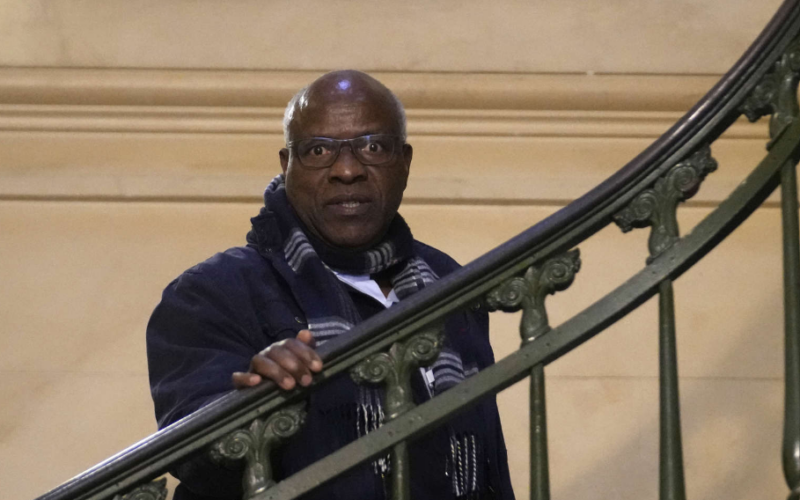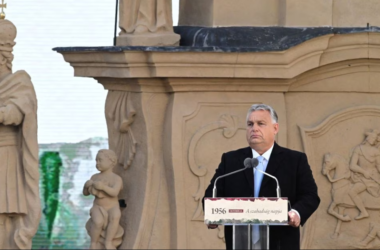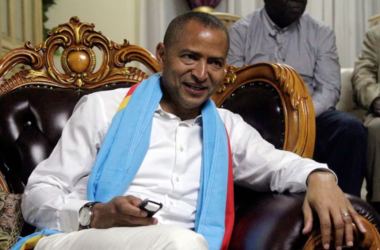In a landmark decision, a Paris court sentenced a Rwandan doctor, Sosthene Munyemana, to 24 years in prison for his role in the 1994 genocide in Rwanda. The verdict, reached after nearly 15 hours of deliberation, found Munyemana guilty of charges including genocide, crimes against humanity, and participation in a conspiracy to prepare those crimes. The six-week-long trial, held at the Assize Court in Paris, marked a significant moment nearly three decades after a complaint was initially filed against Munyemana in Bordeaux, France, in 1995.
Munyemana, aged 68, maintained his innocence throughout the trial, and his lawyers announced plans to appeal the decision. The gynaecologist, who was impassive as the verdict was delivered, became the sixth suspect to face trial in France over the 1994 massacres, during which an estimated 800,000 minority Tutsis and moderate Hutus were killed over 100 days.
At the time of the genocide, Munyemana, then a 38-year-old gynaecologist in Tumba, Rwanda’s southern university district of Butare, faced accusations of actively supporting the interim government responsible for supervising the genocide. Prosecutors presented evidence suggesting his involvement in a motion of support for the government and participation in local committees that organized roundups of Tutsi civilians. Munyemana, a friend of Jean Kambanda, the head of the interim government, acknowledged participation in local night patrols but claimed it was to protect the population.
The prosecution argued that Munyemana detained Tutsi civilians in the local administration office under his authority, relaying instructions that led to the roundup of Tutsis. They emphasized intentional gathering for extermination purposes and contended that Munyemana could not claim ignorance about the lethal consequences. Witnesses testified to seeing him supervising operations at checkpoints across the town.
After the genocide, Munyemana arrived in France in September 1994, where he lived and worked until his recent retirement. Relations between France and Rwanda, historically strained due to accusations of France enabling the genocide, have improved in recent years. This shift has led to increased efforts by France to arrest and prosecute genocide suspects. Munyemana’s case was initiated when members of the Rwandan community in France filed a complaint against him in 1995.
The sentencing of Sosthene Munyemana to 24 years in prison represents a significant step in addressing the atrocities of the 1994 genocide. As France continues to navigate its historical relationship with Rwanda, the trial underscores a commitment to justice and accountability for those accused of crimes against humanity. Munyemana’s denial and the planned appeal highlight the complexities surrounding the legal proceedings, but the verdict marks a notable development in efforts to confront the legacy of one of the darkest chapters in Rwandan history.








